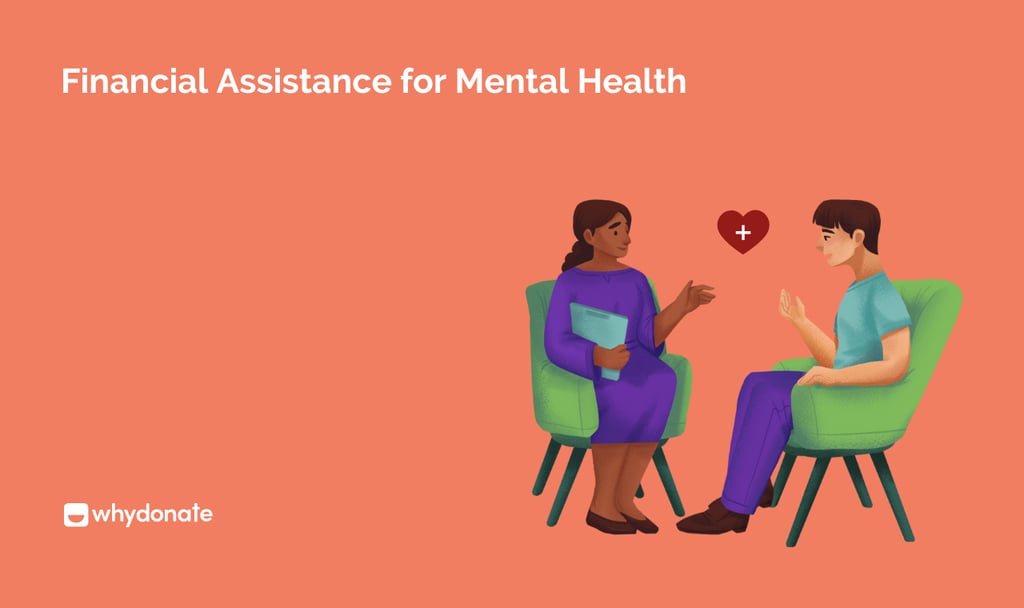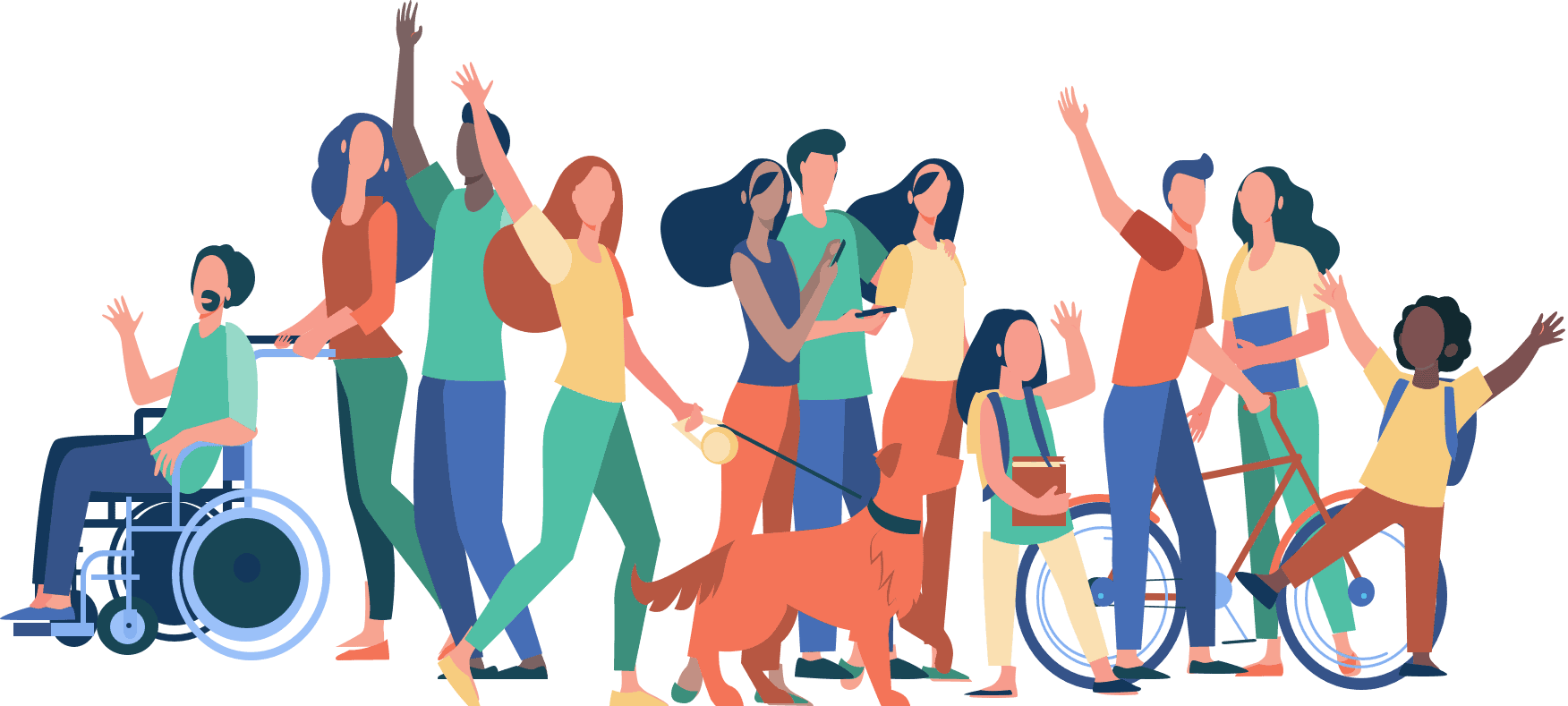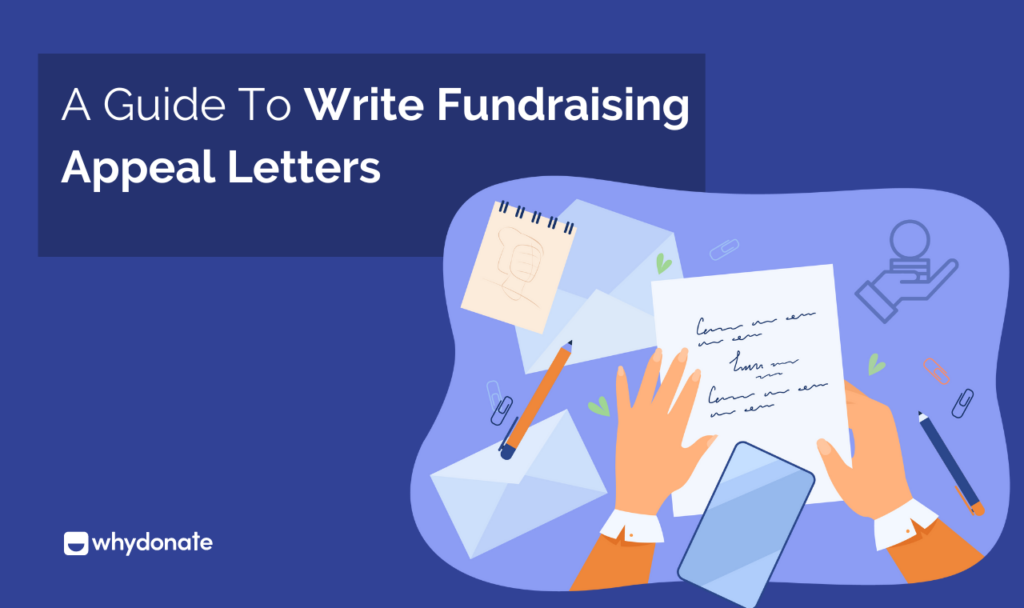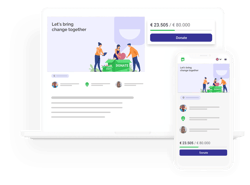Mental health is often ignored, and people do not give enough credit to how important it is to keep track of their mental health. Mental health is not always about being depressed or experiencing anxiety, but rather about having a healthy lifestyle.
Many people perceive seeking mental health assistance as a luxury rather than a necessity. But in reality, with a piling financial burden, anyone can need mental health assistance. Seeking financial assistance for mental health empowers people to go beyond social boundaries and emphasize what is essential to their overall well-being.
Understanding the importance of mental health can make a big difference not only to your life but also to anyone you know. Nowadays, there are lots of options to choose from if anyone wants to find help for their mental illness. So, let’s explore some of the best mental health financial assistance options that can elevate your mental health burden.
Table of Contents
Why Financial Assistance for Mental Health is Important?
Mental health is the basic foundation of our overall well-being. It influences how we think, react, and interact with the world around us.
When individuals come across financial hardships, the stress can elevate the existing mental health issues or create new ones. Imagine struggling to make ends meet while also battling anxiety or depression; it’s a heavy burden that many carry alone. This is why financial assistance for mental health is not just beneficial; it’s essential.
Underinsurance adds another layer of difficulty to this issue. Many people assume their insurance will cover mental health-related treatments, but in reality, it is not that easy. High therapy costs and limited coverage can leave patients frustrated when they can’t afford therapy sessions or medication.
Mental health can significantly influence a person’s life, both personally and professionally. Those with good mental health often achieve more, while others may find even small tasks challenging. Financial help for mental health sufferers can bridge this gap, ensuring everyone has access to the care they deserve regardless of their financial situation.
This is why financial assistance for mental health is not just beneficial; it’s essential. Alongside insurance and public programs, mental health fundraising allows individuals to seek direct community support during difficult times.

Understanding Mental Health Costs
When it comes to mental healthcare, costs can vary quite a bit depending on where you are. There are several factors that play into these prices, like whether you’re looking at public or private services, what specific treatments you need, and your individual circumstances.
According to studies, Americans typically spend around $350 a month on mental health services, whereas in the UK, getting started with an initial assessment can set you back anywhere from £150 to £400. In case of psychiatric hospitalization, that could cost somewhere around £5,000 or even more.
In essence, financial assistance for the mentally ill can provide critical support, allowing individuals to help pay for counseling, medication, or other resources without the overwhelming worry of costs.
Types of Mental Health Financial Assistance Available
Access to financial help for mental health sufferers can be a game-changer, and understanding the types of financial assistance available can make a world of difference.
Government Programs Offering Mental Health Financial Aid
Imagine a young person struggling with anxiety finally getting the help they need because a grant covered their therapy sessions – it’s life-changing! Mental health support grants can come from various sources, such as nonprofit organizations and government initiatives, aiming to bridge the gap for those who might otherwise be unable to afford necessary treatments.
Some mental health funding programs cater to specific populations, such as veterans or low-income families, ensuring that no one is left behind in their journey toward well-being.
-
Medicaid and Medicare (USA)
Medicare is a federal health insurance program primarily for people aged 65 and older, certain younger people with disabilities, and those with End Stage Renal Disease, covering inpatient, outpatient, and prescription drug services through different parts (A, B, C, and D).
Medicaid is a joint federal and state program designed to provide health coverage to low-income individuals and families, with eligibility and benefits varying by state, including services such as emergency ambulance transportation and limited dental care.
The NHS offers a range of digital services allowing users to access their records, test results and manage appointments related to mental health care. NHS talking therapies serve adults in England for conditions such as depression, anxiety, OCD, PTSD, and phobias, accessible via GPs or direct contact. Specialized mental health support is available for children, young people, pregnant women, and those affected by infected blood products.
-
EU Government-Supported Programs
The European Commission’s comprehensive approach to mental health focuses on growing challenges posed by societal, environmental, and economic stressors, especially exacerbated by the COVID-19 pandemic and geopolitical crises. The Commission has allocated over EUR 30 million in recent years under the EU4Health programme to promote mental health prevention and management.
-
Other Country-Specific Programs
In Australia, the universal health insurance scheme, Medicare, is managed by the Department of Health and Aged Care. Medicare ensures accessible, affordable health and hospital services for all Australians and some overseas visitors.
Similarly, launched in 2020, the French government’s psychological support scheme, “Mon Soutien Psy,” focuses solely on improving access to affordable mental health care. The scheme targets individuals aged three and above suffering from anxiety, depression, or mental distress. It allows for state reimbursement of counseling sessions with registered psychologists. Emergency cases involving serious psychiatric issues or suicide risk are excluded and redirected to psychiatrists or specialized facilities.
Crowdfunding and Community-Based Financial Support
-
Online Fundraising Platforms
Online crowdfunding is one of the safest places to gather financial assistance for mental health. Why safest? Because of its simplicity of starting a fundraiser and an existing pool of potential donors who wish you nothing but happiness and good health. No one questions your credibility. Everyone who donates to your mental well-being expects nothing but gratitude in return for their contribution. However, it takes dedication to achieve fundraising success in a short time.
Starting an online mental health fundraiser should be a piece of cake. Fundraising platforms like WhyDonate provide easy and simple steps to start a fundraiser in minutes. WhyDonate is not only a user-friendly platform but also one of the most affordable platforms out there. With its global presence and excellent customer service, campaign creators achieve their campaign success much more effectively. For more ideas and resources, check out our guide on financial assistance for medical bills. It includes tips for mental health and other healthcare-related fundraising.
-
Peer-Supported Funds, Facebook Groups, Community Drives
Crowdfunding through community support has become a crucial source of financial help for mental health. Picture a Facebook group where people share their stories and challenges, reminding each other they are not alone. These platforms let individuals come together, creating a sense of belonging while raising money for counseling and therapy. Community members contribute what they can, whether it’s a few dollars or encouraging words.
Charities and Nonprofits
Charities and nonprofits play a vital role in bridging the gap for those seeking financial assistance for mental health services. Charities usually promote systemic changes in the mental health care sector, suggesting more affordable and accessible solutions.
-
National Alliance on Mental Illness (NAMI)
National Alliance on Mental Illness (NAMI) is one of the largest grassroots mental health organizations in the United States. Its primary objective is to provide mental health support, education, advocacy, and community engagement to millions of Americans affected by mental illness.
Established in 1946 originally as the National Association for Mental Health (NAMH), Mind has evolved into a leading advocate and service provider for individuals facing mental health challenges. The charity’s primary purpose is to offer information, advice, and support to people with mental health problems, while actively lobbying government bodies to improve mental health policy and public awareness.
-
WHO and UN Initiatives Globally
According to the World Health Organization, they are committed to the Comprehensive Mental Health Action Plan (2013–2030) focused on strengthening governance, community-based care, prevention, and research. WHO initiatives such as the Special Initiative for Mental Health (2019–2023) and the Mental Health Gap Action Programme aim to expand access to quality mental health services, especially in resource-poor settings.
-
Local NGOs and Support Hotlines
Local NGOs and support hotlines have always been playing a crucial role in connecting mental health services with those seeking financial assistance. Local organizations understand local challenges. Which is why these organizations not only give financial help but also provide insights about mental healthcare. Support hotlines are dedicated and trained to specifically provide the necessary aid to those who deal with mental health issues. Addressing these issues itself is the first step towards betterment.
Insurance
Not only for mental healthcare but in the healthcare sector in general, insurance plays a large role. Let’s not forget that insurance coverage for mental health has improved over the years; many plans now include comprehensive benefits that cover therapy sessions, medication, and even support groups. Understanding your insurance options can unlock doors to vital support, reducing the burden on your wallet while promoting your well-being.
Sliding-Scale Therapists and Low-Cost Clinics
Sliding-scale therapists and low-cost clinics offer another lifeline for those seeking help without breaking the bank. These services adjust fees based on income, making quality treatment accessible. This approach builds community and ensures that financial worries don’t compromise anyone’s mental health.
University Mental Health Services
Addressing mental healthcare from early age can make a great difference. For that, universities prepare students about the potential mental healthcare issues they might come across in the future. University mental health services provide a great option for students, often offering free or low-cost counseling to help them navigate the pressures of academic life.
Online Therapy Platforms
Online therapy platforms have become a new/smart way of accessing mental health support. They are affordable, and people who might feel excluded due to financial constraints can choose therapies without thinking much. Moreover, these platforms often provide a diverse range of therapists, allowing individuals to find someone who truly resonates with them. This personalized approach can enhance the effectiveness of therapy, making it easier for people to engage and open up.
Tips for Navigating Financial Aid
Here are some extra tips to help you recover from the financial burden of your mental health issues.
- Required Documents
Let’s be honest: paperwork is not something people are fond of, especially when you’re already managing mental health challenges. But having the right documents ready when applying for financial aid can be a huge stress-saver. Think of it as laying the groundwork for smoother support.
Align your most recent pay stubs, tax returns, or benefit statements with medical bills related to therapy or counseling, your diagnosis, recommended treatment plan, and estimated costs. Be prepared by keeping all the necessary documents together to avoid rejection.
- Eligibility Checklist
Before diving into applications, take a strategic pause. A quick eligibility self-check can save you time and heartache later. Check if your household income falls within the guidelines of the specific program or grant you’re eyeing. Verify the funding and write a letter stating your financial needs, your current situation, and your mental health journey.
- How to Write An Aid Request Letter
Briefly share your story. Talk about your struggles without support and how a better mental healthcare can genuinely change your daily life. Talk about hope, stability, managing symptoms, or rebuilding relationships. This personal touch helps funders see the real person behind the request and understand the transformative potential of their support. Remember, this letter is about your journey toward healing.
Accessing Help for Mental Wellness
Prioritizing mental wellness should be paramount. A better mental health can lighten up and boost productivity in general. From students to corporate workers, everyone encounters stress in their lives and tries to cope in their own ways. But it is important to remember that help is always there. Asking for help is not a sign of weakness, but rather commendable and shows willingness to grow.
So, let’s be kind to ourselves and be kind to one another by focusing on selfcare by voting for better mental healthcare, less societal stigma, and a healthy environment for our future. Happy fundraising!
FAQs
- Can I get therapy without insurance?
Yes, you can. However, therapy sessions are expensive, and having insurance can help you ease the financial burden and maximize your time.
- Are there free therapy options available?
In some parts of the world, therapy sessions are offered to people in deep poverty or the homeless. But if you are looking for a closed session, there are low-cost options available.
- What to do if I’m denied financial assistance?
Crowdfunding platforms are the best possible option in this scenario as no credibility is required to start a campaign. However, it is important to have a legitimate bank account for verification and to receive the payout.


















